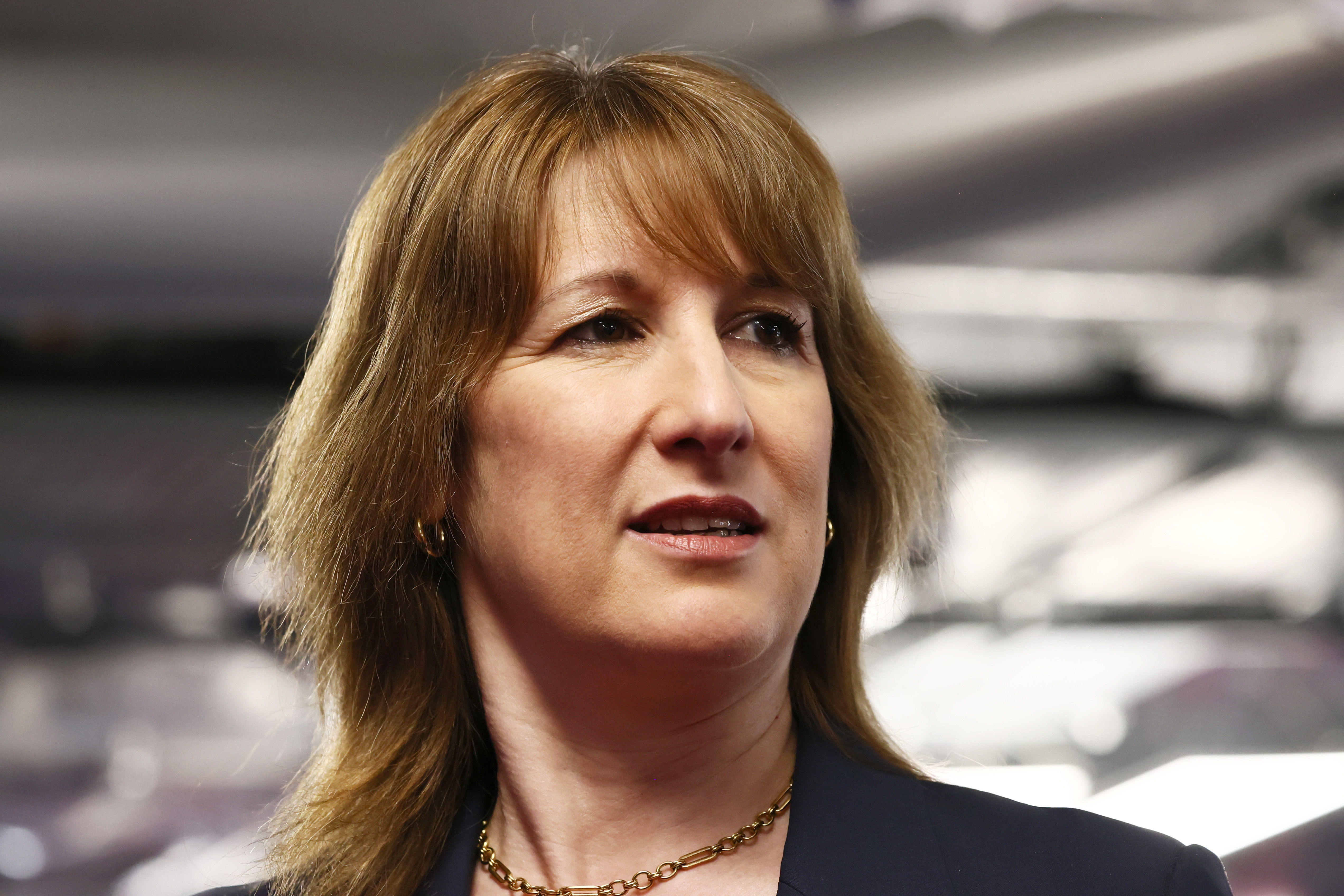How to make your child a financial whizz
Money skills aren’t always taught at school. You need to take matters into your own hands, says Ruth Jackson-Kirby.


Get the latest financial news, insights and expert analysis from our award-winning MoneyWeek team, to help you understand what really matters when it comes to your finances.
You are now subscribed
Your newsletter sign-up was successful
Want to add more newsletters?
Children need to start learning about money from a young age. Whether it’s the budgeting skills we need to cope with the cost-of-living crisis or the long-term planning that helps buy a house and save for retirement, the attitudes we pick up in childhood help shape the decisions we make for the rest of our lives.
Unfortunately, you can’t rely on schools to tell your child what they need to know. Personal finance lessons are not compulsory in primary schools and not all secondary schools teach crucial skills either. So, if you want them to grow up financially savvy, you’ll need to take matters into your own hands.
First, get started early. Children as young as seven can grasp the value of money, how to count it and what it means to earn money and exchange it for goods, says a study for the government’s MoneyHelper service (formerly the Money Advice Service). They can understand that you sometimes have to wait and save for things and that some choices are irreversible, say the authors, who are behaviour experts at the University of Cambridge. But they may need to be a little older before they appreciate the difference between luxuries and necessities.
Try 6 free issues of MoneyWeek today
Get unparalleled financial insight, analysis and expert opinion you can profit from.

Sign up to Money Morning
Don't miss the latest investment and personal finances news, market analysis, plus money-saving tips with our free twice-daily newsletter
Don't miss the latest investment and personal finances news, market analysis, plus money-saving tips with our free twice-daily newsletter
The power of pocket money
The study found that allowing children to make age-appropriate decisions about their money can help them create positive habits. You can start with children as young as three or four, by giving them pocket money and letting them decide how they spend it.
“Once they are old enough not to put it in their mouth, then give them some money,” says Juliette Collier of the charity Campaign for Learning tells The Guardian. “If, for example, they end up wanting to spend that money on sweeties, then make it clear they can’t spend the money on something else. Let them make choices, and experience the consequences.” Introduce the idea of saving and show children that they may need to save their pocket money for a few weeks if they want to make a larger purchase. You could encourage them by offering to pay them a bonus if they save a certain amount.
An introduction to investing
As children get older, expand the topics. Teenagers can learn about investing through their Junior individual savings accounts (Jisas). If they have an investment Jisa, talk to them about what it is invested in and why. From the age of 16 they can make investment decisions about their account, but they can’t withdraw the money until they are 18. This could be a good opportunity to let them make some decisions about their investments.
It’s important to show them all the different assets they can invest in, such as stocks and bonds, as well as ways to do so, such as funds, investment trusts and exchange traded funds (ETFs). Doing this will reduce the chance that their first experience is with cryptocurrencies or other high-risk markets.
Before your child lives away from home for the first time, they need to learn about budgeting. Help them make a list of all their regular incomings and outgoings, such as subscriptions. Show them how much they spend each month then look at how much they have coming in. This is also a good time to discuss saving regular amounts for emergencies. Don’t forget to explain how tax and pensions affect your income. Show them your payslip so they can see how much of a wage is deducted for national insurance, income tax, and pension payments.
Finally, teach your child about debt. Discuss debts you may have, such as credit cards or a mortgage. Show them how the interest rate on debt is much higher than on savings. Explain how not repaying debts on time can affect your credit rating and your ability to borrow in the future. These lessons will hopefully help them avoid problem debts in the future.
SEE ALSO:
Junior Isas: a tax-free fund for your kids
Get the latest financial news, insights and expert analysis from our award-winning MoneyWeek team, to help you understand what really matters when it comes to your finances.

Ruth Jackson-Kirby is a freelance personal finance journalist with 17 years’ experience, writing about everything from savings accounts and credit cards to pensions, property and pet insurance.
-
 Financial education: how to teach children about money
Financial education: how to teach children about moneyFinancial education was added to the national curriculum more than a decade ago, but it doesn’t seem to have done much good. It’s time to take back control
-
 Investing in Taiwan: profit from the rise of Asia’s Silicon Valley
Investing in Taiwan: profit from the rise of Asia’s Silicon ValleyTaiwan has become a technology manufacturing powerhouse. Smart investors should buy in now, says Matthew Partridge
-
 Financial education: how to teach your children about money
Financial education: how to teach your children about moneyFinancial education was added to the national curriculum more than a decade ago, but it doesn’t seem to have done much good. It’s time to take back control
-
 Tax receipts: Rachel Reeves 'should hand back the cash' from bumper haul
Tax receipts: Rachel Reeves 'should hand back the cash' from bumper haulOpinion Chancellor Rachel Reeves is cheering higher-than-expected tax receipts. But where has the money come from?
-
 Why annuities are back in fashion for retirees
Why annuities are back in fashion for retireesThe appeal of annuities has been boosted by higher interest rates. So should you buy an annuity with part of your pension savings?
-
 Default pension funds: what’s in your workplace pension?
Default pension funds: what’s in your workplace pension?Default pension funds will often not be the best option for young savers or experienced investors
-
 Plan 2 student loans: a tax on aspiration?
Plan 2 student loans: a tax on aspiration?The Plan 2 student loan system is not only unfair, but introduces perverse incentives that act as a brake on growth and productivity. Change is overdue, says Simon Wilson
-
 Why it might be time to switch your pension strategy
Why it might be time to switch your pension strategyYour pension strategy may need tweaking – with many pension experts now arguing that 75 should be the pivotal age in your retirement planning.
-
 Rachel Reeves is rediscovering the Laffer curve
Rachel Reeves is rediscovering the Laffer curveOpinion If you keep raising taxes, at some point, you start to bring in less revenue. Rachel Reeves has shown the way, says Matthew Lynn
-
 ISA reforms will destroy the last relic of the Thatcher era
ISA reforms will destroy the last relic of the Thatcher eraOpinion With the ISA under attack, the Labour government has now started to destroy the last relic of the Thatcher era, returning the economy to the dysfunctional 1970s